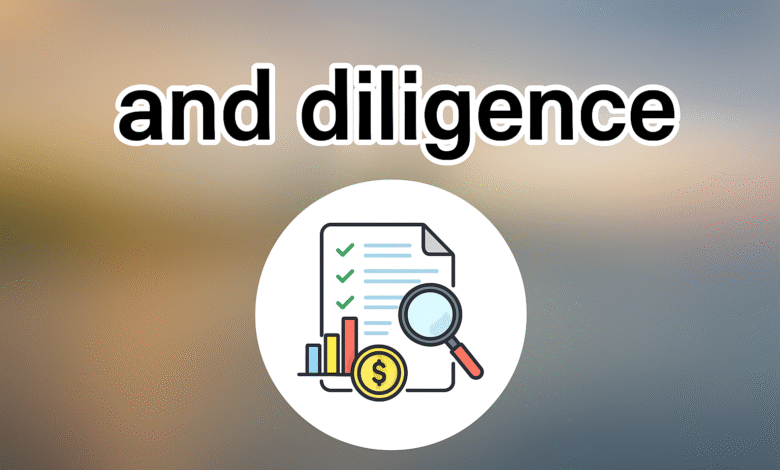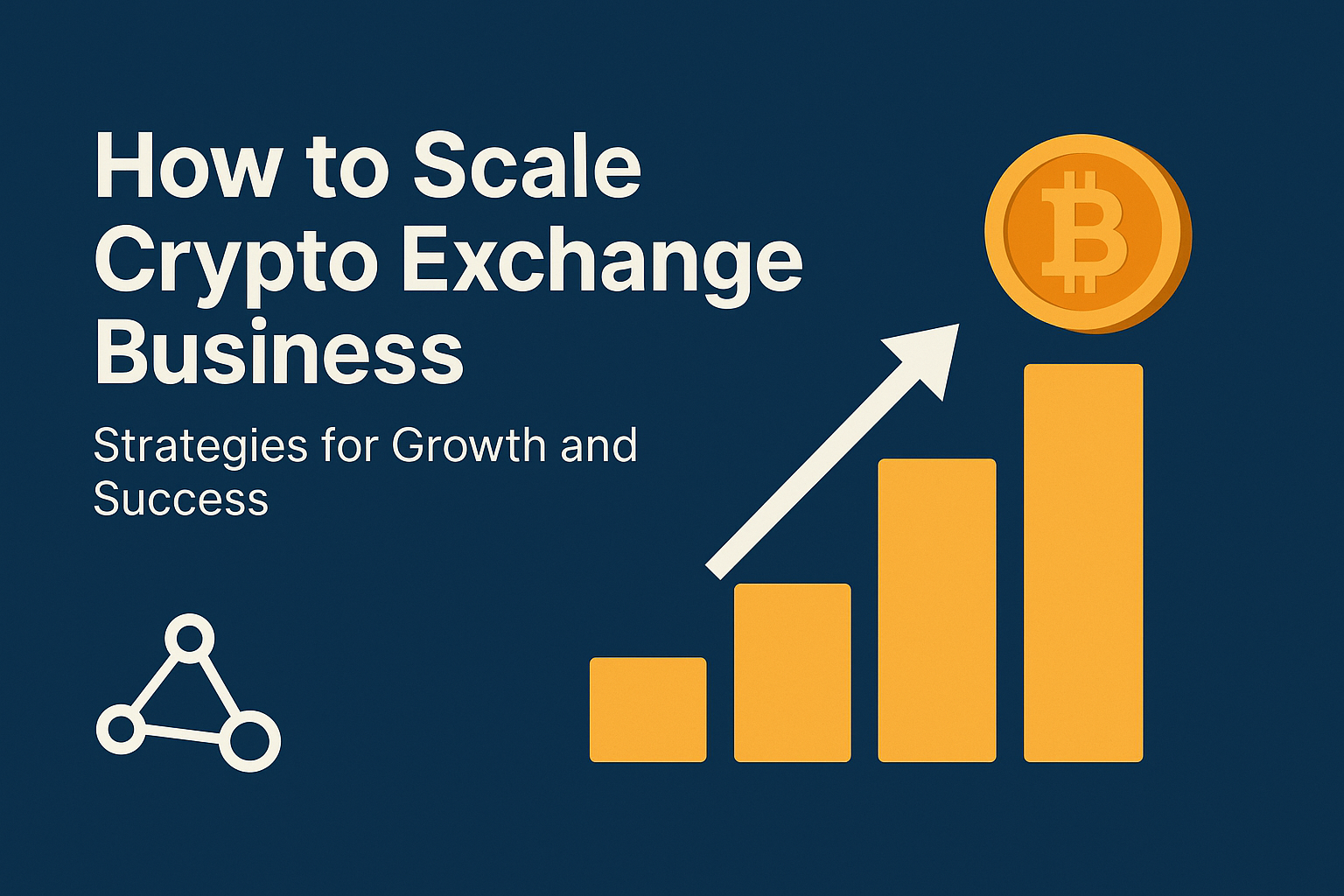And Diligence: Mastering the Art of Risk Management and Strategic Success
Balancing the Benefits and Challenges of Comprehensive Due Diligence

Introduction
In business, investment, and governance, “and diligence” reflects the vital combination of thorough analysis and informed decision-making. This concept is rooted in due diligence—a disciplined process designed to uncover facts, assess risks, and ensure informed choices. When executed effectively, diligence protects against costly mistakes, strengthens negotiation positions, and fosters long-term success. However, neglecting or rushing this process can lead to severe financial, legal, and reputational damage.
From financial diligence to legal diligence, and from operational diligence to IT diligence, organizations rely on a range of specialized approaches to assess opportunities and threats. Understanding how these layers work together equips leaders to identify both red flags and hidden value, ensuring they can act decisively in competitive markets.
Quick Bio
| Aspect | Details |
|---|---|
| Concept Name | And Diligence |
| Core Principle | Thorough investigation before decisions |
| Primary Use | Business, investment, and governance |
| Key Focus Areas | Risk assessment, compliance, performance analysis |
| Associated Practices | Financial, legal, operational, and regulatory reviews |
Due diligence is the structured examination of a company, project, or deal before commitments are made. It verifies facts, identifies risks, and ensures compliance with regulations. The aim is not only to confirm the accuracy of claims but also to uncover potential valuation gaps that could affect the deal.
The process may include reviewing financial statements, evaluating operational systems, and performing background verification on key stakeholders. This level of scrutiny is essential in mergers, acquisitions, real estate deals, and strategic partnerships.
Types of Diligence and Their Importance
Financial Diligence
Financial diligence focuses on the accuracy and stability of a company’s finances. It examines cash flow analysis, debt evaluation, and profitability trends. By identifying liabilities scrutiny early, investors can adjust terms or renegotiate deals.
This process also looks for unusual transactions, misstatements, or unreported obligations. A strong financial review builds confidence and minimizes post-deal surprises.
Legal Diligence
Legal diligence assesses the legal standing of an organization. It involves contract analysis, litigation review, and examination of compliance with laws. This is essential to prevent future disputes and avoid inheriting legal issues.
It also reviews regulatory diligence requirements, ensuring licenses, permits, and intellectual property rights are in order before closing any deal.
Operational and Commercial Diligence
Operational Diligence
Operational diligence evaluates the efficiency of business processes, supply chain resilience, and workforce performance. A key part of this is site inspection and analyzing management stability.
This stage also involves HR diligence, focusing on employee contracts, training programs, and workplace culture—factors that influence integration and long-term growth.
Commercial Diligence
Commercial diligence examines the market position, customer base, and competitive environment. It may involve market analysis, assessing customer concentration, and forecasting industry trends.
This process identifies whether the business model is sustainable, scalable, and adaptable to changing market conditions.
Specialized Forms of Diligence
Intellectual Property and IT Diligence
Intellectual property diligence ensures that all patents, trademarks, and copyrights are valid and enforceable. In technology-heavy industries, IT diligence reviews infrastructure security, system scalability, and potential cyber risk vulnerabilities.
This safeguards innovation assets and ensures operational continuity in the event of integration or expansion.
Environmental and ESG Diligence
Environmental diligence examines compliance with environmental laws, while ESG diligence reviews sustainability practices and social responsibility. These factors influence brand reputation, investor interest, and long-term viability.
Companies with strong ESG records often enjoy better customer loyalty and reduced regulatory risk.
The Process of Effective Diligence
Step 1: Risk Assessment and Planning
The process starts with risk assessment, defining the scope of investigation and identifying potential red flags. Planning ensures that resources are allocated efficiently to the most critical areas.
Step 2: Data Gathering and Document Review
This involves collecting and analyzing relevant records, from audit trail logs to operational performance data. Document review ensures that information is consistent, accurate, and legally binding.
Benefits and Challenges of Diligence
Positive Outcomes
A well-executed diligence process uncovers opportunities, enhances integrity diligence, and ensures compliance checks are met. It strengthens bargaining positions and boosts investor confidence.
Potential Downsides
Overly lengthy or complex diligence can delay decisions, increase costs, and create soft diligence concerns where subjective interpretations slow progress. Striking the right balance is crucial.
Conclusion
“And diligence” represents more than a business buzzword—it’s a commitment to thoroughness, precision, and informed action. By integrating financial diligence, legal diligence, operational diligence, and specialized reviews like cybersecurity diligence or ESG diligence, decision-makers safeguard investments and optimize outcomes.
While the process requires time and expertise, the rewards include risk mitigation, strategic clarity, and sustainable growth. In a world where missed details can lead to major setbacks, diligence is not just advisable—it’s essential.
FAQ
Q1: What is the main goal of due diligence?
The main goal is to verify facts, assess risks, and ensure informed decision-making before entering into agreements or investments.
Q2: How long does the diligence process take?
The timeframe varies from a few weeks to several months, depending on the scope and complexity of the transaction.
Q3: What is the difference between hard diligence and soft diligence?
Hard diligence focuses on measurable data like financials, while soft diligence evaluates subjective factors such as management culture and leadership quality.
Q4: Why is ESG diligence important?
ESG diligence ensures a company meets environmental, social, and governance standards, which can impact reputation and investor trust.
Q5: Can diligence be skipped in small deals?
Skipping diligence increases risk. Even in smaller deals, basic checks like background verification and document review are essential.



